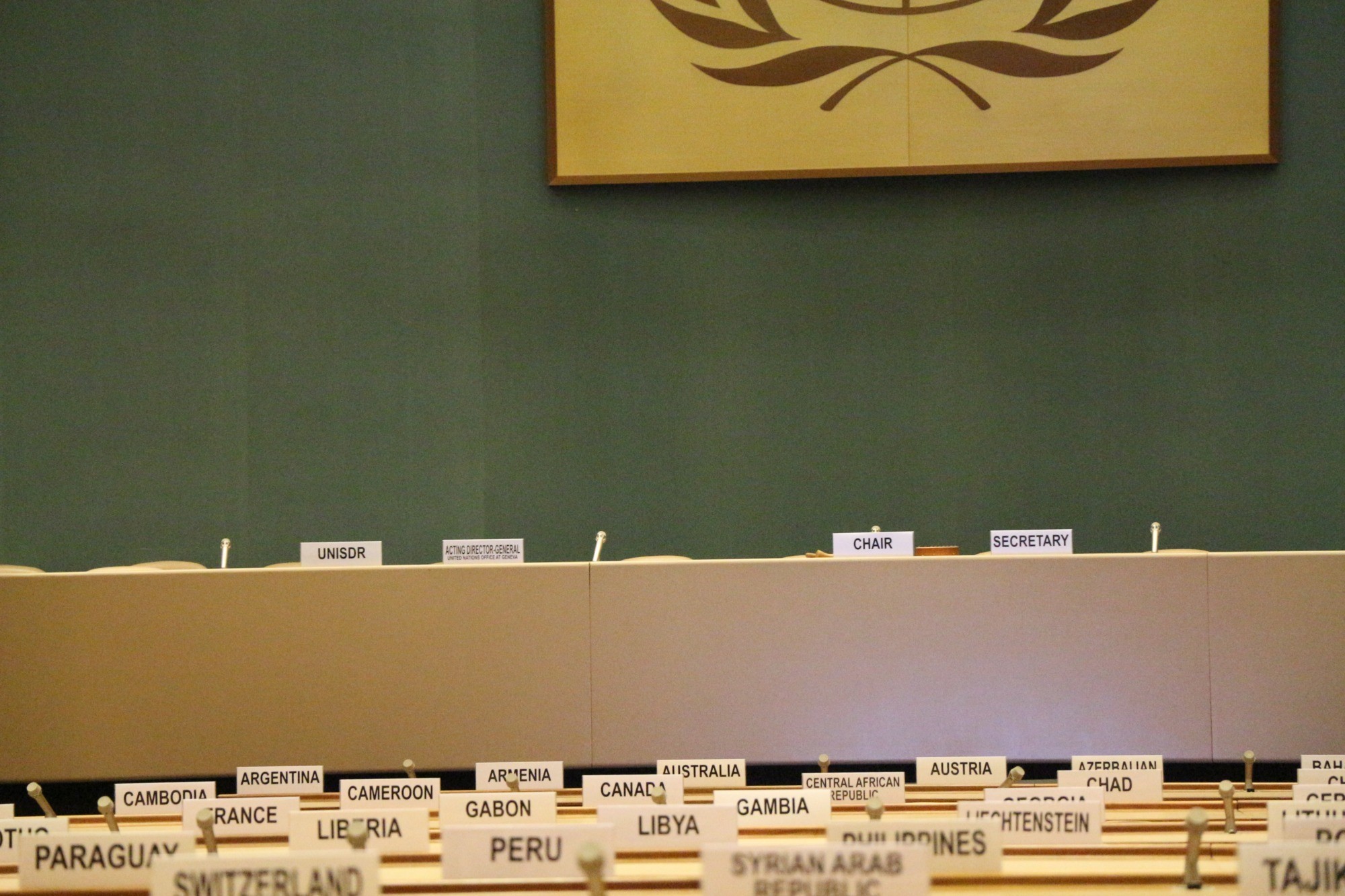The United Nations Environment Assembly (UNEA) decided in early March in Nairobi to set mandatory targets in the fight against plastic waste. According to the roadmap, the legally binding agreement should come into force by the end of 2024 at the latest and cover the full lifecycle of plastic. The move makes it clear that circular economy has become a global issue. Pressure from regulators is continuously increasing – and the packaging value chain is feeling it.
The UN Environment Program resolution passed at the UNEA Assembly is already considered one of the most important environmental agreements since the Paris Climate Agreement.
Details of the planned agreement
Delegations in Nairobi voted unanimously to establish a so-called intergovernmental negotiating committee to negotiate the international agreement. The new framework is expected to become legally binding by the end of 2024 at the latest.
The UN Environment Assembly negotiations are scheduled to start in the second half of 2022. Participation is open to all UN member states.
In detail, the following was determined:
- The full life cycle of plastics will be scrutinized. This includes production, use, disposal in the trash or reuse.
- Negotiations may establish numerical ceilings and binding voluntary measures against plastic waste on land and in the sea.
- The mandate also includes control and assistance measures for poorer countries.
Background
According to the Organization for Economic and Cooperation (OECD), only ten percent of the plastic produced worldwide is currently recycled. Twenty-two percent end up in wild landfills or are disposed of unprotected in the environment.
Global awareness
Awareness of the problem is no longer limited to highly developed nations. Regulators and mostly young activists in Asian and African countries are also taking up the issue and exerting pressure. It is there that the problems identified are particularly virulent. And it is here that a move toward a circular economy is particularly urgent. It is no coincidence that there was loud applause in the UNEA meeting room after the resolution was passed.
German Environment Minister Steffi Lemke celebrated the fact that the international community had agreed for the first time to work together to combat “plastic litter.” The fact that the undesirable input of plastic into nature is becoming the starting point for the establishment of a circular economy follows established patterns and is not coincidental. The many environmental problems of a throwaway society for products and resources become particularly clear with plastic.
The pressure is also increasing on a broad scale
Regulations toward a circular economy are no longer taking place only at individual, local or national levels. They have become a global issue. And they will remain on the agenda globally.
The recent UNEA decision clearly shows that regulatory pressure continues to increase not only at the top, but also across the board. Analogously, the pressure on the packaging value chain is also increasing. It is becoming stronger and more comprehensive. Anyone in our industry who still turns a blind eye to this will soon be beyond help.

